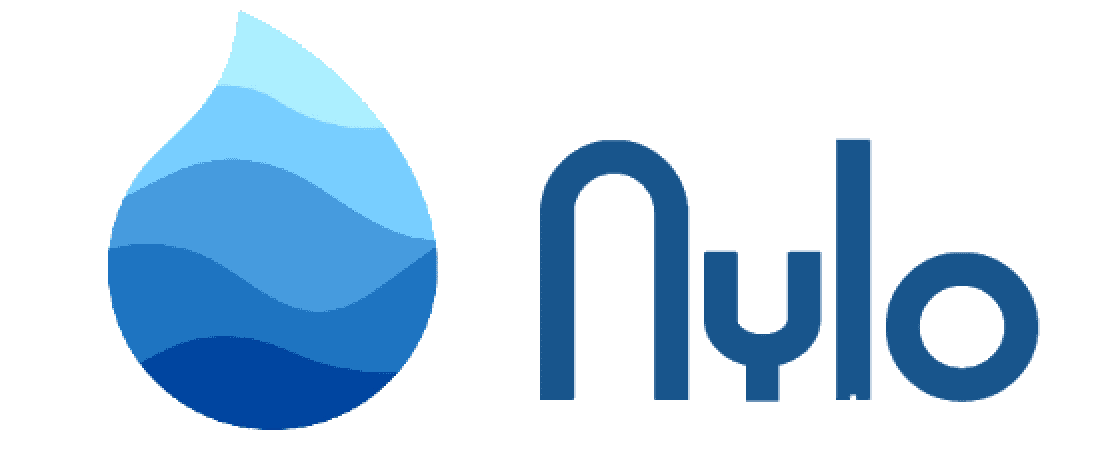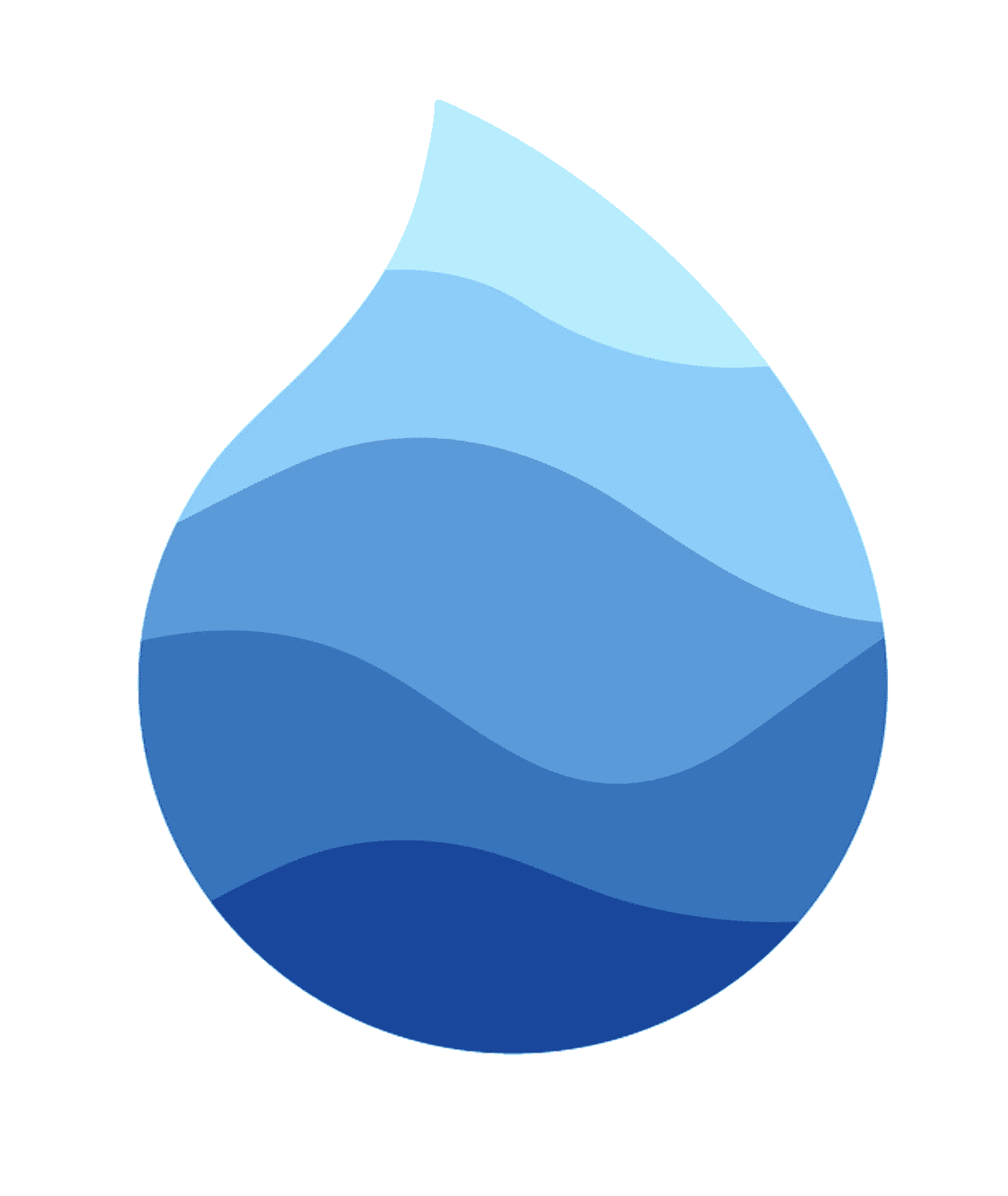Directory Structure
Introduction
Every Nylo Website project comes with a simple boilerplate for managing your files. It has this structure to streamline the development of your projects.
The directory structure was inspired by Laravel.
App Directories
The below app directories are listed inside the lib folder.
-
appThis folder includes any files relating to models, controllers and networking.controllersInclude your controllers here for your Widget pages.modelsCreate your model classes here.networkingAdd any API services here for managing APIs or fetching data from the internet.eventsAdd all your event classes here.providersAdd any provider classes here that need booting when your app runs.
-
configThis folder contains configuration files such as your font, theme and localization settings.designManage the font, logo and loader with this file.themeSet and configure the themes you want your flutter app to use.localizationManage the localization, language and other things relating to locale in this file.decodersRegister modelDecoders and apiDecoders.storage keysContains your local storage keys.eventsRegister your events in the Map object.providersRegister your providers in the Map object.validation_rulesRegister your custom validation rules.toast_notification_stylesRegister your toast notification styles.
-
resourcesThis folder includes any files that are key components for your user's UI experience like pages, widgets and themes.pagesInclude your Widgets here that you will use as Page's in your project. E.g. home_page.dart.themesBy default, you'll find two themes here for light and dark mode, but you can add more.widgetsAny widgets you need to create can be inserted here, like a date_picker.dart file.
-
routesThis folder includes any files relating to routing.router.dartYou can add your page routes in this file.
Public assets
Public assets can be found in the public/assets. This directory is used for images, fonts and more files that you may want to include in your project.
app_iconThis is used for generating app_icons for the project.imagesInclude any images here in this directory.fontsAdd any custom fonts here.postmancollectionsAdd your postman collections here.environmentsAdd your postman environments here.
Retrieving an image asset
You can use the normal, standard way in Flutter by running the following:
Image.asset(
Image.asset('public/assets/images/my_logo.png'),
height: 50,
width: 50,
),
Or you can use getImageAsset(String key) helper
Image.asset(
getImageAsset("my_logo.png"),
height: 50,
width: 50,
),
Lastly, with the localAsset extension helper
Image.asset(
"my_logo.png",
height: 50,
width: 50,
).localAsset(),
In this example, our public/assets/images/ directory has one file nylo_logo.png.
- public/assets/images/nylo_logo.png
Retrieving a public asset
You can get any public asset using getPublicAsset(String key)
VideoPlayerController.asset(
getPublicAsset('videos/intro.mp4')
);
In this example, our public/assets/videos/ directory has one file intro.mp4.
- public/assets/images/intro.mp4

